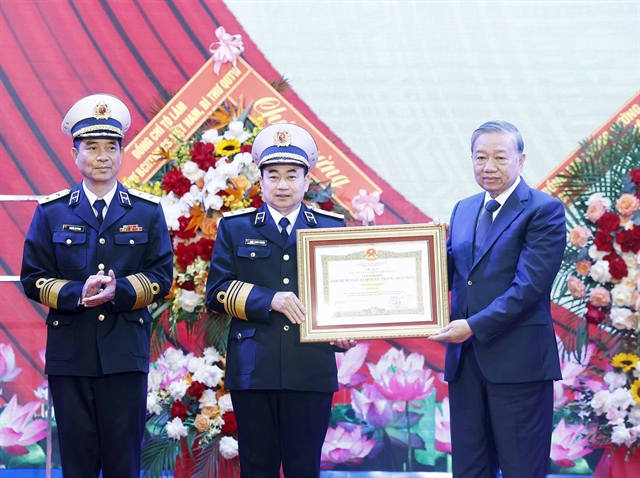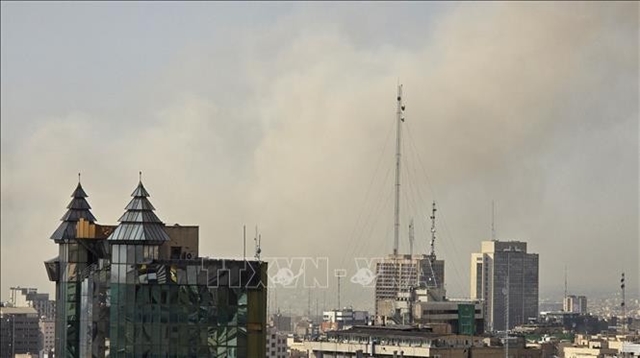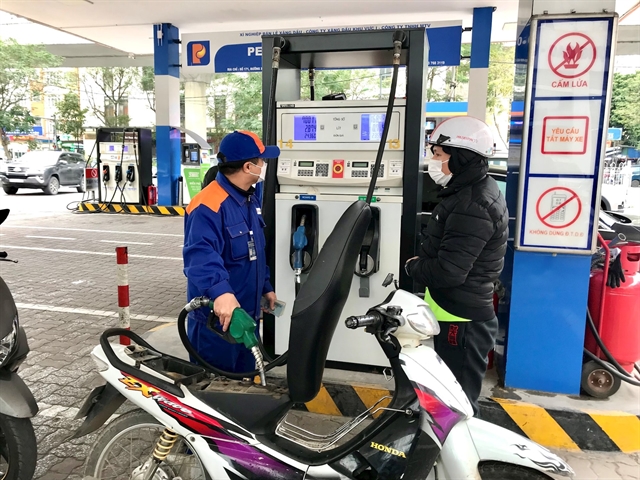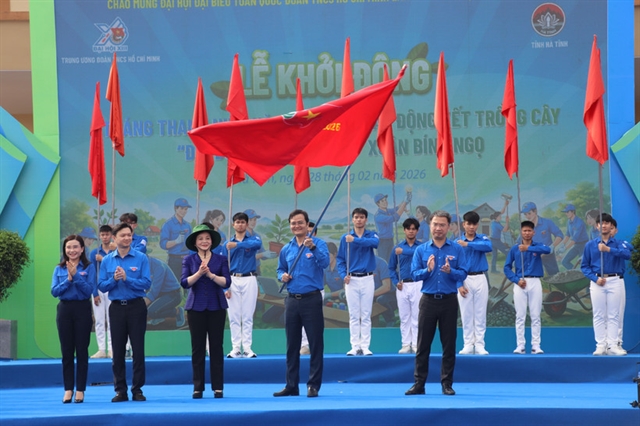 Society
Society

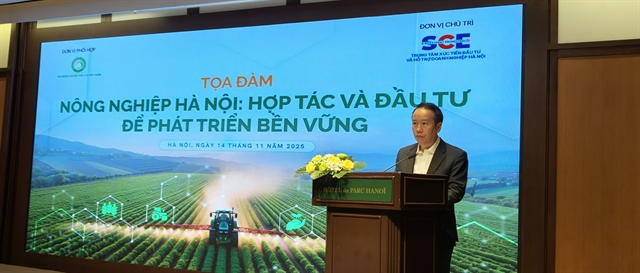
|
| Ngô Minh Toàn, Director of the Hanoi Support Center for Enterprise and Investment Promotion, delivers the opening remarks at the seminar. VNS Photo Khánh Linh |
HÀ NỘI — Developing sustainable agriculture and combining green, organic and circular farming with high-tech applications are driving Hà Nội’s rapid transformation, with close cooperation among the State, scientists, businesses and farmers key to accelerating this shift, experts have said.
The remarks were made at a seminar titled 'Hà Nội Agriculture: Cooperation and Investment for Sustainable Development' held on Friday. The event was co-organised by the Hà Nội Support Center for Enterprise and Investment Promotion (SCE) under the city’s Department of Finance, and the Việt Nam Organic Agriculture Association.
Speaking at the seminar, SCE Director Ngô Minh Toàn said that in line with the Party and Government’s priority on green, organic and circular agriculture, Hà Nội has set strategic directions to shift toward a modern, ecological and low-emissions agricultural economy. This includes prioritising science and technology, using resources efficiently, reusing by-products and promoting transparent, sustainable supply chains.
These priorities form a vital foundation for the capital to build an agricultural ecosystem suited to a major urban centre. This ensures food security while supporting green growth and improving quality of life for residents, Toàn said.
The seminar served as a platform for policymakers, experts and the business community to share experiences and propose solutions for sustainable agricultural development. It also sought to promote high-tech applications in farming and processing, strengthen public–private partnerships, expand investment opportunities and enhance the competitiveness of Hà Nội’s green agriculture models.
Toàn said that strong links between the State, scientists, enterprises and farmers will help drive the capital’s agricultural transition toward green, high-tech, ecological, smart, organic, circular and low-emissions models. This cooperation, he added, will reinforce Hà Nội’s pioneering role in sustainable agriculture, expand public–private collaboration and foster a culture of innovation among agri-businesses.
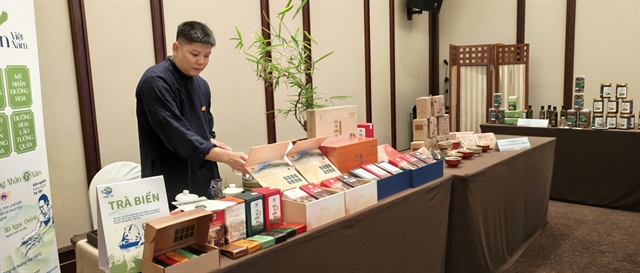
|
| Products showcasing trends in green agriculture, organic farming and the circular economy on display at the seminar. VNS Photo Khánh Linh |
Mai Văn Trịnh, Director of the Institute of Agricultural Environment under the Việt Nam Academy of Agricultural Sciences, noted that Hà Nội’s agriculture has made significant progress over the years, from applying high-tech methods in cultivation and livestock production to expanding urban and ecological agriculture models.
The capital now not only supplies food for more than 10 million people, but is also shaping a green agricultural sector that harmonises people, nature and technology.
Discussing the city’s strategic direction, he highlighted the importance of municipal Plan 149/KH-UBND, which serves as a guiding framework for all development activities, including agriculture.
Agriculture, he stressed, cannot stand apart from Hà Nội’s efforts to reduce greenhouse gas emissions. The overarching goal is to build ecological, organic, circular and low-emissions agriculture, moving toward carbon neutrality by 2050. Specific targets include raising the use of organic fertilisers and biological plant protection products to over 30 per cent and expanding organic farming to more than 2 per cent of the city’s total cultivated land.
However there are major challenges, Trịnh pointed out, citing shrinking agricultural land due to urbanisation, water pollution, climate-related extremes, weak market competitiveness, and limited linkages within the value chains.
“Hà Nội needs integrated solutions, from land-use planning and farmland protection to infrastructure investment, credit support, high-quality worker training and, especially, digital technologies for branding and product traceability,” he said.
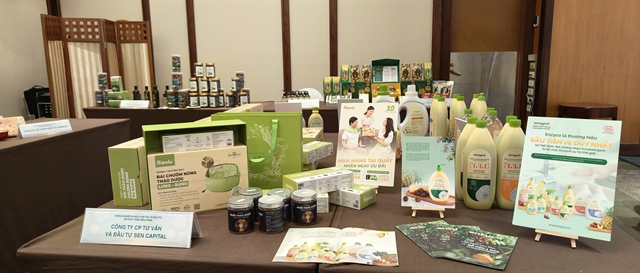
|
| Hà Nội is actively promoting organic agriculture, aiming for safe and efficient production. VNS Photo Khánh Linh |
Phạm Thị Hạnh Thơ, deputy director of the Centre for Research and Development of Agricultural Systems under the Việt Nam Academy of Agricultural Sciences, proposed developing multi-value agriculture linked with tourism as a sustainable path forward.
She emphasised that agro-ecotourism and culinary tourism models are particularly well suited for smallholder farmers with limited capital, offering both economic returns and experiential value.
Such models turn farms and production zones into attractive tourism sites, helping farmers earn stable income beyond farm-gate sales. Visitors can participate in production activities, learn about local culture and enjoy fresh, on-site cuisine, she added.
At the seminar, representatives of businesses including TH Group, Sen Capital JSC and Nameco Good Mushroom JSC shared views on cooperation opportunities and ways to accelerate Hà Nội’s agricultural transformation.
Insights gathered at the event will be submitted to the municipal Department of Finance and the People’s Committee for consideration in shaping future policies to promote sustainable agriculture. — VNS


